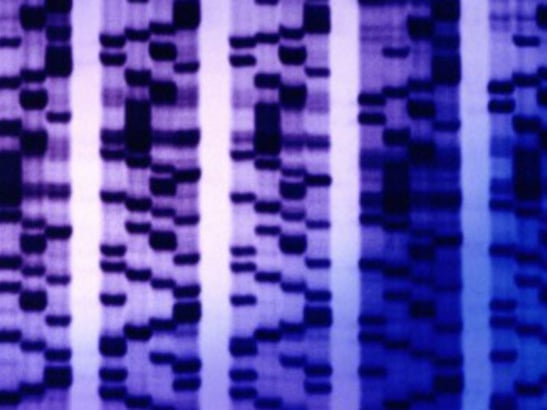
A gene found in a hereditary form of Parkinson’s disease is mutated in a third of all human cancers – and helps regulate one of the disease’s most commonly activated cell signalling mechanisms, a new study reveals.
Scientists at The Institute of Cancer Research, London, analysed nearly 10,000 tumour samples from 28 different types of cancer, and found that the gene PARK2 was altered in over a third of tumours.
Their study showed how loss of PARK2 can stimulate a crucial network of cancer-driving molecules in cells, called the PI3K/Akt pathway, through a well-researched tumour suppressor gene called PTEN.
The findings reveal a ‘missing link’ in one of the most commonly observed signalling pathways in cancer, showing how the PI3K/Akt pathway can be ramped up in the stressful, energy poor conditions often found inside tumours.
The study, published in the journal Molecular Cell, was funded in the UK by the Medical Research Council and the ICR, and could help researchers understand how aggressive cancer cells can survive and proliferate in low energy conditions.
Loss of gene in tumours
Mutations in PARK2 have been found in a hereditary form of Parkinson’s disease, a degenerative condition which kills off cells in the brain. When the gene is depleted in cells, mitochondria – the energy factories of cells – become defective. But cancer cells have the ability to withstand the energy stress coming from defective mitochondria by ramping up PI3K/Akt signalling, through deactivating PTEN.
Importantly, the researchers found that PARK2 was significantly under-expressed across many tumour types. Widespread loss or reduced PARK2 in tumours correlated with poorer survival chances for patients with diseases including brain, breast and lung cancer.
The research indicates an intriguing link between mutations to PARK2 and the PTEN gene. In mice without working copies of PARK2, mutations to PTEN resulted in a much higher risk of developing tumours and poorer survival outcomes, compared with mice with functional PARK2.
Study co-author Dr George Poulogiannis, leader of the Signalling and Cancer Metabolism team at the ICR, said: “Our study has highlighted that PARK2 loss is present in around a third of all cancers and has profound implications in understanding how cancer cells may support their proliferation and survival under conditions of nutrient deprivation.
“In the future, tests that look for mutations to PARK2 may help to identify patients who have particularly aggressive forms of cancer that may respond to inhibitors of PI3K/Akt signalling”.
